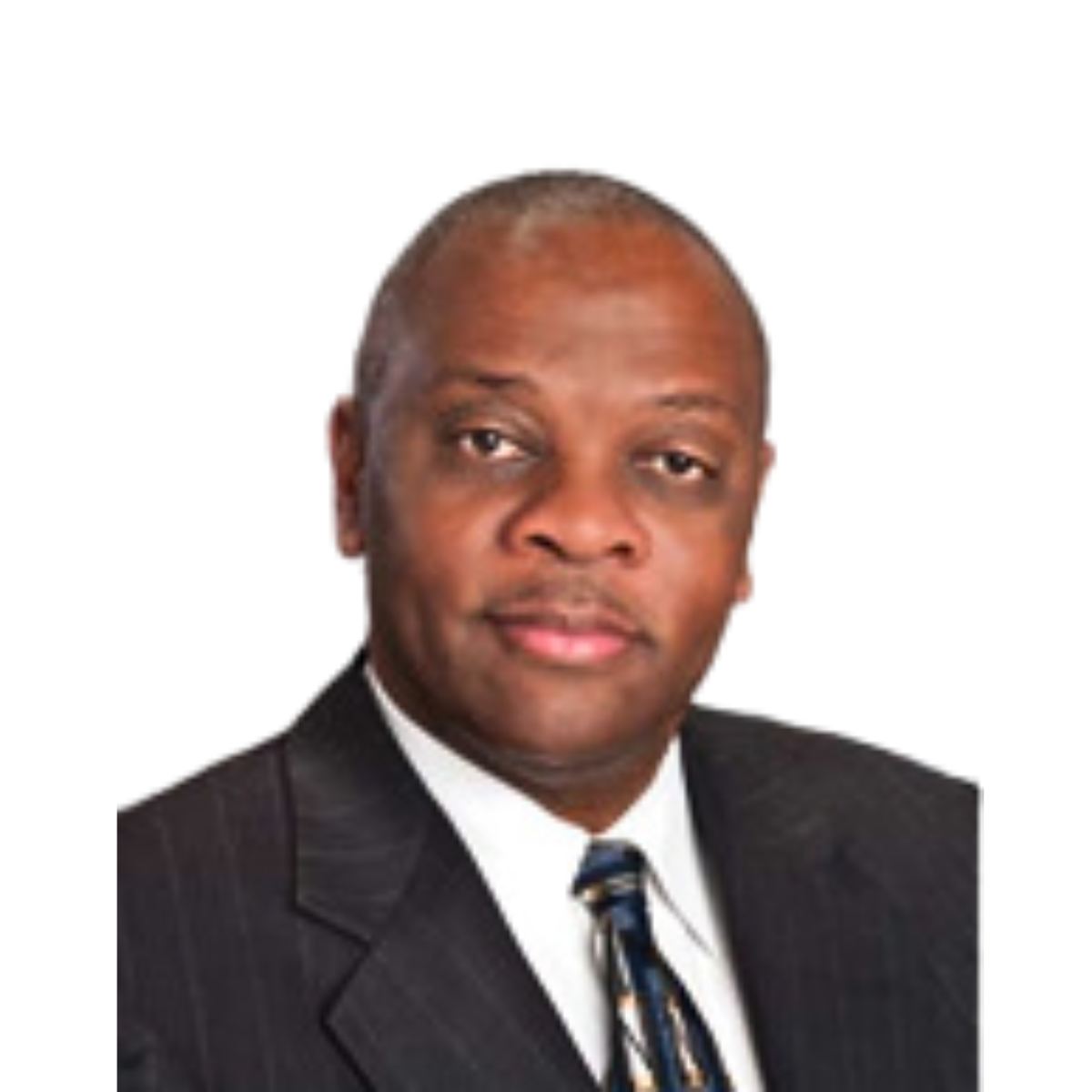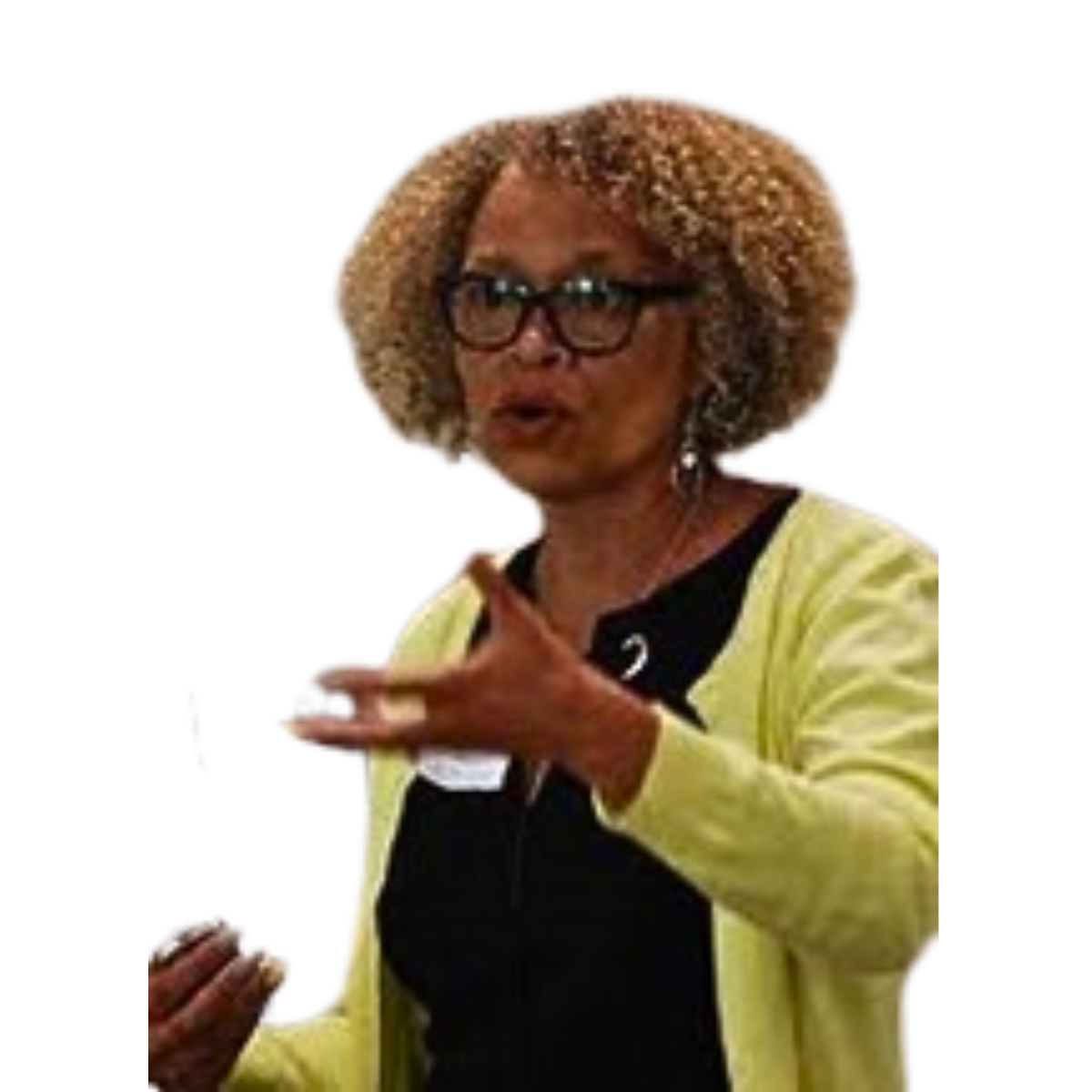In this virtual panel presentation, the 2024 Hall of Fame Award Recipients from the Museum of African American Addictions, Treatment, and Recovery will participate in a panel presentation discussing the importance of providing culturally-responsive care and ways practitioners can be more effective when working with African American clients.
LEARNING OBJECTIVES:
By the end of this presentation, you will be able to:
PANELISTS:

Corrie Vilsaint, PhD
Dr. Vilsaint is the associate director of recovery health equity at the Recovery Research Institute and an instructor at Harvard Medical School. Her research focuses on addiction recovery capital, reducing discrimination among individuals in recovery, and racial health equity in remission and recovery. Dr. Vilsaint’s research is supported by the National Institute of Drug Abuse and the National Institute on Alcohol abuse and Alcoholism, and her work as a community psychologist has been awarded by the American Psychological Association.

Fred Dyer, PhD, LADC
Dr. Dyer is a practitioner, presenter, consultant, and writer specializing in providing culturally responsive treatment for African American adolescents, emerging adults, and emerging adult refugees. Dr. Dyer has over 100 scholarly publications on the treatment of mental health, substance use disorders, and co-occurring disorders for African American adolescents and emerging adults. He is also the executive director of Hope Recovery Center and a recipient of the key to the city for Laurel, Mississippi—an honor award to him by the city’s mayor in recognition of his innovative consultations and trainings on culturally responsive services for African American teenage girls in the justice system.

Chyrell Bellamy, PhD, MSW
Dr. Bellamy is a professor at Yale University's Department of Psychiatry, and she also serves as director of the Yale Program for Recovery and Community Health, director of the Peer Support Services and Research, director of the Yale Lived Experience Transformational Leadership Academy, director of the Yale Program for Recovery and Community Health. Dr. Bellamy also co-designs and conducts community-based participatory research with communities of color and people living with psychiatric Illness, substance use disorders, HIV, homelessness, and incarceration histories. Her research also focuses on healthcare disparities, sociocultural pathways of recovery, and the development of culturally responsive interventions.

Representative La Shawn Ford
Representative Ford is the representative of the 8th District of Illinois. He is founder of The Westside Heroin and Opioid Taskforce which serves as an innovative strategic model for creating recovery-oriented systems of care in underserved communities across the nation. The taskforce has mobilized over 33 organizations to work together in the community to reduce overdose and promote recovery on the west side of Chicago. These partners include persons with lived experience; the formerly incarcerated; recovery community organizations, substance use disorders and mental health treatment providers; mobile treatment providers; hospitals; and harm reduction specialists. Last year, the taskforce's work resulted in 2,000 fewer emergency calls for overdose thanks to the training it provided to over 3,300 community residents on the distribution and use of Narcan. The Westside Heroin and Opioid Taskforce was awarded the winner of the 2023 SAMHSA Behavioral Health Equity Challenge. Thanks to his dedicated service and contributions to the behavioral healthcare field, Representative Ford was named as the recipient of the Illinois Chapter of NAADAC's Advocate of the Year award and the Nelson Mandela Award for Justice.

Dr. Felecia Pullen
Dr. Pullen is a qualitative researcher exploring structural racism's impact on attaining recovery capital for people of color with histories of drug use. Her research has resulted in the creation of MRCAT, an assessment tool for professionals who develop recovery plans in partnership with clients. Dr. Pullen is also the president and CEO of three organizations: Let's Talk Safety, a not-for profit teen led prevention program; The Pillars, Manhattan's first OASIS-funded recovery community and outreach center; and The SAFETY Net, a teen-designed club house in Harlem. Dr. Pullen's policy advocacy and activism has been widely recognized. She has also delivered numerous workshops on culturally responsive recovery.
MODERATORS:
Mark Sanders, LCSW, CADC
Mark Sanders is the Illinois state project manager for the Great Lakes ATTC, MHTTC and PTTC. He is an international speaker and behavioral health consultant whose presentations and publications have reached thousands throughout the United States, Europe, Canada, West Indies, Lithuania, and Guam. Mark is the recipient of four lifetime achievement awards, including NAADAC’s prestigious Enlightenment Award, the National Association for Addiction Professionals’ 50th Anniversary Legends Award, the Illinois Certification Board's Professional of the Year Award and Jessica Hayes Lifetime Achievement Award, and the Barbara Bacon Award for outstanding contributions to the social work profession as an alumnus of Loyola University of Chicago.
Kisha Freed, BA
Kisha serves as an outreach program coordinator with CHESS BHE-TAC and has co-authored multiple blog series with Mark Sanders for the Great Lakes ATTC’s Counselors Corner blog. She is a certified professional coach with a special emphasis in emotional intelligence and mindful leadership. Utilizing her Bachelor of Arts in English from the University of Alabama-Birmingham, Kisha has worked in her community helping people to get in touch with suppressed emotions through the creative arts, such as poetry writing, storytelling and hip hop and emotional intelligence online workshops. She is also an event host, public speaker, and performing spoken word poetry. She resides in Huntsville, AL with her two sons and two-year old granddaughter.
The Great Lakes A/MH/PTTC is offering this training for individuals working in HHS Region 5: IL, IN, MI, MN, OH, WI. This training is being provided in response to a need identified by Region 5 stakeholders.